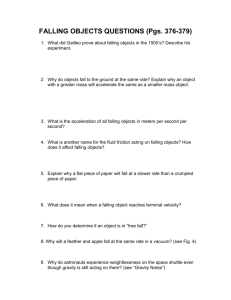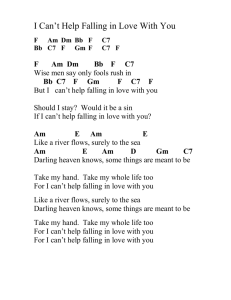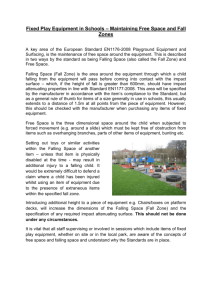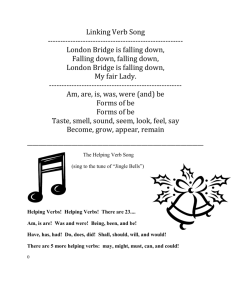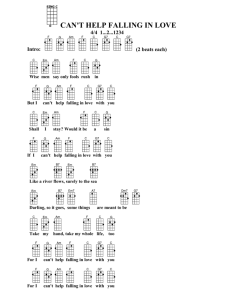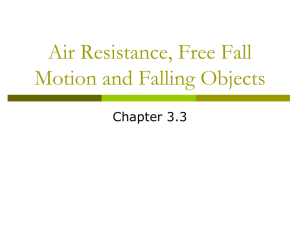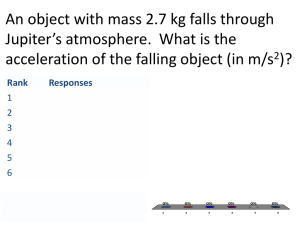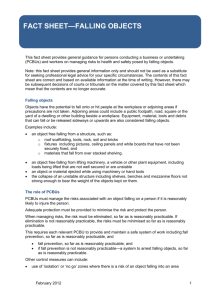Universitetet i Oslo
advertisement
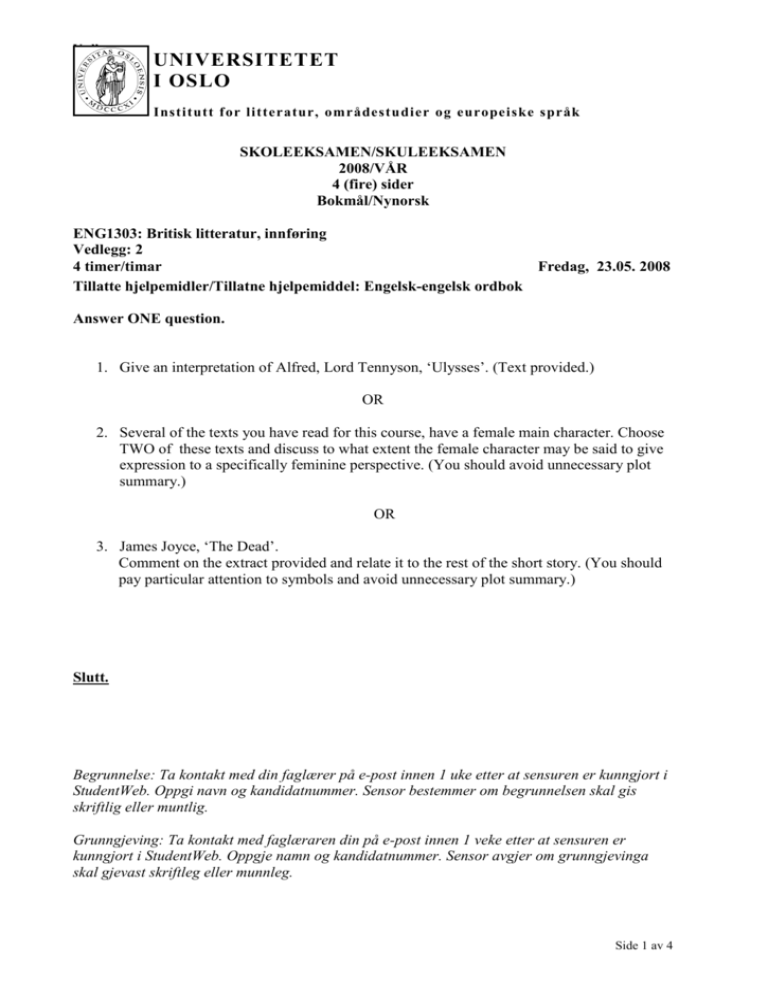
Vedlegg UNIVERSITETET I OSLO Institutt f or litteratur, områdestudier og europeiske språk SKOLEEKSAMEN/SKULEEKSAMEN 2008/VÅR 4 (fire) sider Bokmål/Nynorsk ENG1303: Britisk litteratur, innføring Vedlegg: 2 4 timer/timar Fredag, 23.05. 2008 Tillatte hjelpemidler/Tillatne hjelpemiddel: Engelsk-engelsk ordbok Answer ONE question. 1. Give an interpretation of Alfred, Lord Tennyson, ‘Ulysses’. (Text provided.) OR 2. Several of the texts you have read for this course, have a female main character. Choose TWO of these texts and discuss to what extent the female character may be said to give expression to a specifically feminine perspective. (You should avoid unnecessary plot summary.) OR 3. James Joyce, ‘The Dead’. Comment on the extract provided and relate it to the rest of the short story. (You should pay particular attention to symbols and avoid unnecessary plot summary.) Slutt. Begrunnelse: Ta kontakt med din faglærer på e-post innen 1 uke etter at sensuren er kunngjort i StudentWeb. Oppgi navn og kandidatnummer. Sensor bestemmer om begrunnelsen skal gis skriftlig eller muntlig. Grunngjeving: Ta kontakt med faglæraren din på e-post innen 1 veke etter at sensuren er kunngjort i StudentWeb. Oppgje namn og kandidatnummer. Sensor avgjer om grunngjevinga skal gjevast skriftleg eller munnleg. Side 1 av 4 Vedlegg ENG1303 Vedlegg 1 – Text for essay question No. 1 Alfred, Lord Tennyson, ‘Ulysses’ It little profits that an idle king, By this still hearth, among these barren crags, Match'd with an aged wife, I mete and dole Unequal laws unto a savage race, That hoard, and sleep, and feed, and know not me. I cannot rest from travel: I will drink Life to the lees: all times I have enjoyed Greatly, have suffered greatly, both with those That loved me, and alone; on shore, and when Through scudding drifts the rainy Hyades Vexed the dim sea: I am become a name; For always roaming with a hungry heart Much have I seen and known; cities of men And manners, climates, councils, governments, Myself not least, but honoured of them all; And drunk delight of battle with my peers; Far on the ringing plains of windy Troy. I am part of all that I have met; Yet all experience is an arch wherethrough Gleams that untravelled world, whose margin fades For ever and for ever when I move. How dull it is to pause, to make an end, To rust unburnished, not to shine in use! As though to breath were life. Life piled on life Were all too little, and of one to me Little remains: but every hour is saved From that eternal silence, something more, A bringer of new things; and vile it were For some three suns to store and hoard myself, And this grey spirit yearning in desire To follow knowledge like a sinking star, Beyond the utmost bound of human thought. This is my son, mine own Telemachus, To whom I leave the sceptre and the isle — Well-loved of me, discerning to fulfil This labour, by slow prudence to make mild A rugged people, and through soft degrees Subdue them to the useful and the good. Most blameless is he, centred in the sphere Of common duties, decent not to fail In offices of tenderness, and pay Meet adoration to my household gods, When I am gone. He works his work, I mine. 5 10 15 20 25 30 35 40 Side 2 av 4 Vedlegg There lies the port; the vessel puffs her sail: There gloom the dark broad seas. My mariners, 45 Souls that have toil'd, and wrought, and thought with me — That ever with a frolic welcome took The thunder and the sunshine, and opposed Free hearts, free foreheads — you and I are old; Old age hath yet his honour and his toil; 50 Death closes all: but something ere the end, Some work of noble note, may yet be done, Not unbecoming men that strove with Gods. The lights begin to twinkle from the rocks: The long day wanes: the slow moon climbs: the deep 55 Moans round with many voices. Come, my friends, 'Tis not too late to seek a newer world. Push off, and sitting well in order smite The sounding furrows; for my purpose holds To sail beyond the sunset, and the baths 60 Of all the western stars, until I die. It may be that the gulfs will wash us down: It may be we shall touch the Happy Isles, And see the great Achilles, whom we knew Tho' much is taken, much abides; and though 65 We are not now that strength which in old days Moved earth and heaven; that which we are, we are; One equal temper of heroic hearts, Made weak by time and fate, but strong in will To strive, to seek, to find, and not to yield. 70 Side 3 av 4 Vedlegg ENG1303 – Vedlegg 2. Text for essay question No. 3 From James Joyce, ‘The Dead’: Generous tears filled Gabriel's eyes. He had never felt like that himself towards any woman, but he knew that such a feeling must be love. The tears gathered more thickly in his eyes and in the partial darkness he imagined he saw the form of a young man standing under a dripping tree. Other forms were near. His soul had approached that region where dwell the vast hosts of the dead. He was conscious of, but could not apprehend, their wayward and flickering existence. His own identity was fading out into a grey impalpable world: the solid world itself, which these dead had one time reared and lived in, was dissolving and dwindling. A few light taps upon the pane made him turn to the window. It had begun to snow again. He watched sleepily the flakes, silver and dark, falling obliquely against the lamplight. The time had come for him to set out on his journey westward. Yes, the newspapers were right: snow was general all over Ireland. It was falling on every part of the dark central plain, on the treeless hills, falling softly upon the Bog of Allen and, farther westward, softly falling into the dark mutinous Shannon waves. It was falling, too, upon every part of the lonely churchyard on the hill where Michael Furey lay buried. It lay thickly drifted on the crooked crosses and headstones, on the spears of the little gate, on the barren thorns. His soul swooned slowly as he heard the snow falling faintly through the universe and faintly falling, like the descent of their last end, upon all the living and the dead. Side 4 av 4
